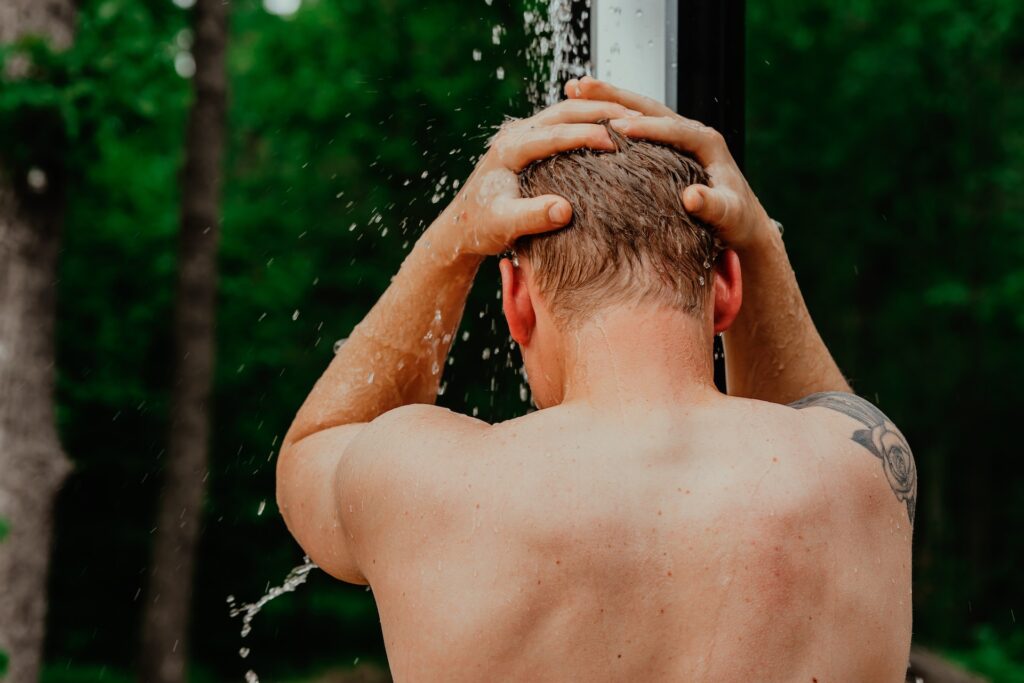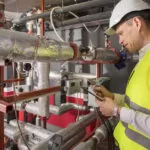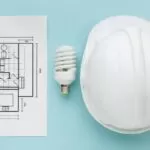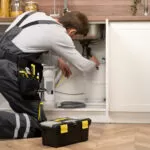As a responsible building owner in the vibrant state of Texas, ensuring the efficient functioning of essential systems within your property is crucial. One such element that often plays a central role in maintaining the comfort of your tenants is the water heater. In this guide, we’ll delve into practical strategies for optimizing the efficiency of your water heater, ensuring not only cost savings but also a reliable supply of hot water for your building.
Table of Contents
Understanding Your Water Heater
Before delving into optimization techniques, it’s essential to have a basic understanding of how your water heater operates. Most buildings in Texas utilize either tank or tankless water heaters. Tank water heaters store and heat a large volume of water, constantly maintaining it at a set temperature. On the other hand, tankless water heaters heat water on-demand, providing hot water instantly but in smaller quantities.
The type of water heater in your building influences the optimization strategies you can employ. Regular maintenance, regardless of the system, is fundamental to ensuring efficiency. Periodic flushing, checking for leaks, and examining the pressure relief valve are routine tasks that can prevent larger issues and maintain optimal performance.

Insulating for Efficiency
In a state where temperatures can vary widely, proper insulation is key to optimizing your water heater’s efficiency. Insulating the pipes connected to your water heater can prevent heat loss as water travels from the heater to the faucets. Additionally, insulating the tank itself helps retain heat, reducing the frequency at which the heater needs to reheat the water. This not only saves energy but also extends the lifespan of your water heater.
Consider using insulation blankets specifically designed for water heaters. These are easy to install and can significantly reduce standby heat loss, especially in tank-style water heaters. It’s a simple yet effective step toward ensuring your water heater operates at its best.
Temperature Control for Energy Savings
Another straightforward way to optimize your water heater’s efficiency is by adjusting the temperature settings. The Department of Energy recommends setting the thermostat to 120°F (49°C) for optimal energy efficiency and to prevent scalding. This temperature is sufficient for most household activities, including bathing and cleaning, while minimizing energy consumption.
Regularly monitoring and adjusting the temperature setting based on the building’s usage patterns can further enhance efficiency. For instance, during periods of low occupancy, lowering the temperature can lead to energy savings without compromising the comfort of your tenants.
Regular Maintenance: The Key to Longevity
Routine maintenance is the backbone of a well-functioning water heater. Regularly flushing the tank helps remove sediment buildup, preventing it from affecting the heating element’s efficiency. Sediment accumulation can force the heater to work harder, leading to increased energy consumption and a shorter lifespan for the appliance.
Additionally, inspecting the anode rod is crucial. The anode rod is designed to attract corrosive elements, protecting the tank from rust and extending the water heater’s life. Replacing a depleted anode rod is a simple task that pays dividends in terms of longevity and efficient operation.
Consider Upgrading to a Tankless System
If your building currently uses a traditional tank water heater, exploring the possibility of upgrading to a tankless system could offer substantial efficiency gains. Tankless water heaters heat water on demand, eliminating standby energy losses associated with traditional tank-style heaters. This not only reduces energy consumption but also provides a continuous supply of hot water, a valuable feature for buildings with varying occupancy levels.
Tankless water heaters are compact and can be installed in spaces where traditional tanks may not fit. This flexibility can be advantageous, especially in buildings with limited utility space. While the initial investment may be higher, the long-term energy savings and extended lifespan often make tankless systems a cost-effective choice.
A Proactive Approach to Efficiency
Optimizing the efficiency of your water heater is a practical and cost-effective measure for any responsible building owner in Texas. By understanding your water heater, insulating for efficiency, controlling the temperature, and implementing regular maintenance, you can ensure a reliable supply of hot water for your tenants while minimizing energy consumption.
Exploring modern upgrades, such as transitioning to a tankless system, may also be a strategic move for long-term efficiency gains. Remember, a proactive approach to water heater maintenance not only benefits your bottom line but also contributes to the sustainability of your building and the well-being of your tenants. Regular attention to these simple yet effective strategies will undoubtedly keep your water heater operating at its best, providing a valuable service to your property and its occupants.




